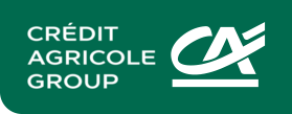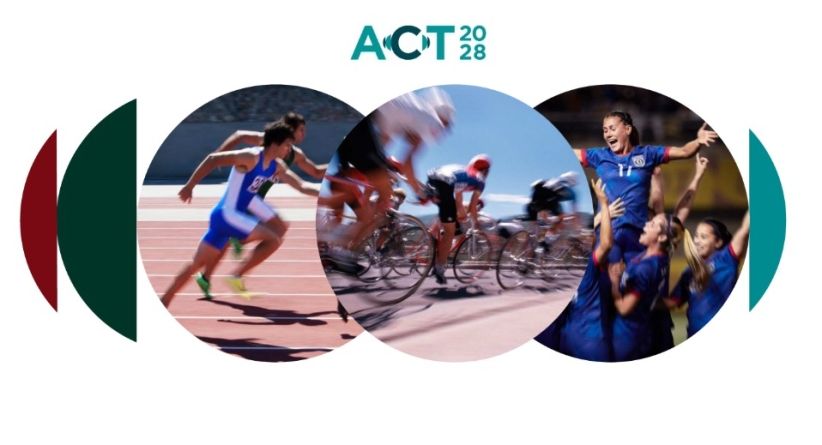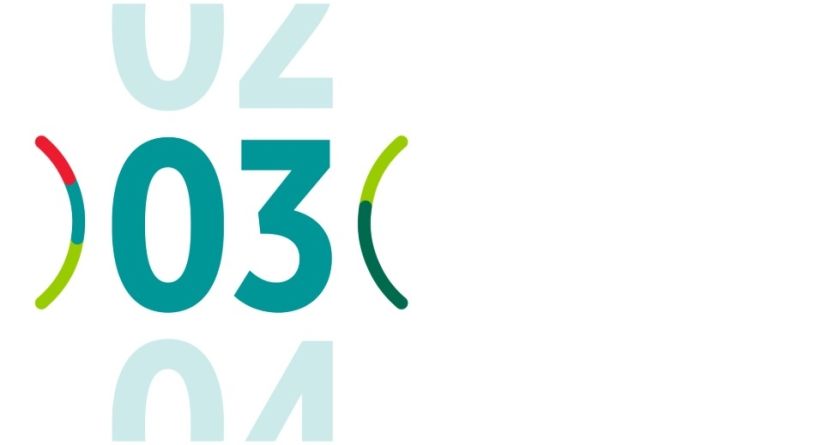
Ocean protection programmes supported by Crédit Agricole S.A.
In March 2023, negotiations on the protection of the high seas ended with a historic agreement. Discussions are underway to sign an international treaty to combat plastic pollution in the ocean.
Given the threats to the ocean and its biodiversity, Crédit Agricole S.A. provides real support for conservation efforts through corporate philanthropy alongside organisations recognised for the quality and effectiveness of their programmes.
The French Natural History Museum
The Living Beaches interdisciplinary research programme
Launched in 2017, the Living Beaches (Plages Vivantes) programme developed by a team of scientists from the French Natural History Museum (CESCO, Vigie-Nature) aims to involve the public at large in a science programme on the biodiversity along the backshores of the French coastline. This coastline is home to a wrack zone, an accumulation of natural debris (seaweed, driftwood, shells, etc.) and man-made debris (plastic, netting, cigarette butts, etc.) deposited by the sea, which is a source of nutrients for the plants that grow on the backshore and an essential ingredient to stabilising the coastline.
The project supported by Crédit Agricole S.A. is designed to provide a better understanding of how the socio-ecosystem of the backshores works in order to cope with environmental change and encourage citizens to take ownership of the ecological and socio-economic issues involved.
It has been developed around three biodiversity-monitoring protocols (algae = ALAMER protocol, birds = OLAMER protocol, flora = FLORAMER protocol) in collaboration with various partners (universities, associations, institutions, etc.).
Aimed at a range of audiences (school children, the general public, nature lovers, space planners, etc.) in collaboration with a number of players (associations, institutions and the private sector) on the Atlantic coast, it should be rolled out for the Mediterranean and overseas.
Research project: Study on the impact of ocean acidification
The increase in CO2 emissions, which are absorbed by the ocean, has led to its acidification. The impact on marine flora and fauna is still poorly understood, and is the subject of a research project led by French Natural History Museum (MNHN) scientists in collaboration with the University of Southampton and supported by Crédit Agricole S.A.. The effects of ocean acidification on the morphology and mortality of five species of fish will be studied.
The Pure Ocean endowment fund
Created in 2017, Pure Ocean supports innovative research projects contributing to the protection of the ocean and its biodiversity and carried out by research institutes, universities and/or NGOs.
Numerous scientific programmes around the world aimed at combating marine pollution, improving overall knowledge of the ocean system and building resilience to climate change have already been supported.
Crédit Agricole S.A. supports the Floating Reef project, an eco-designed and sustainable subsurface buoy that provides a refuge for local plant and animal species, with the aim of precisely monitoring its impact on local biodiversity over a one-year period. The dynamics of the reef's colonisation and the repopulation of the surrounding seagrass beds are the subject of a study by the Scientific Agency for Marine Environment Studies (GIS Posidonie), which is part of Aix-Marseille University, in association with Lab Rougerie-Tangram, the research laboratory of the architectural firm Rougerie-Tangram, which specialises in biomimicry
La Fondation de la Mer
A Gesture for the Sea - Upcycling
A Gesture for the Sea - Upcycling (Un Geste pour la Mer Upcycling), launched in April 2022 by the Fondation de la Mer, is an offshoot of the Gesture for the Sea programme, which has united 220 players in the fight against plastic pollution since 2019. Its aim is to develop local upcycling industries by encouraging and supporting those involved, which are mainly associations and start-ups that are innovating and fighting plastic pollution. This upcycling process involves collecting materials or products that are no longer in use and repurposing them into quality goods (design furniture, bricks, everyday objects, crafts, etc.).
Crédit Agricole S.A. is committed to supporting organisations that have been rigorously selected for their impact, innovative nature and administrative soundness in order to equip them and enable them to develop their activities (through the purchase of plastic processing machines, equipment, collection systems, etc.).
It also helps them optimise their communications, develop their network at the local level, and achieve a change of scale. The programme is due to be rolled out in seven coastal regions (Provence-Alpes-Côte d'Azur, Brittany, Corsica, Hauts-de-France, Nouvelle-Aquitaine, Occitanie, Pays Basque), then in French overseas departments and territories and Africa, as well as in major French fishing ports as part of a pilot project to collect marine waste recovered using trawlers.
Plastic Odyssey
Since 2018, Crédit Agricole Group (Crédit Agricole S.A. and 17 of its entities) has supported Plastic Odyssey’s project, successively building a prototype catamaran using plastic waste as fuel and sponsoring a round-the-world expedition starting in 2019. Its ambassador ship for the fight against plastic pollution and for plastic waste recycling and recovery techniques is due to explore three continents over three years. Over the course of 30 stopovers, the expedition aims to foster new initiatives for using waste by sharing low-tech and open-source recycling technologies and supporting the creation of small recycling factories. With more than 200 square metres of technical space and a loading capacity of around 20 tonnes of equipment, the ship carries around fifteen different technologies designed to be tested and adapted in the most remote areas. The ship left Marseilles in September 2022 and reached the South American coast at the end of the first half of 2023.







